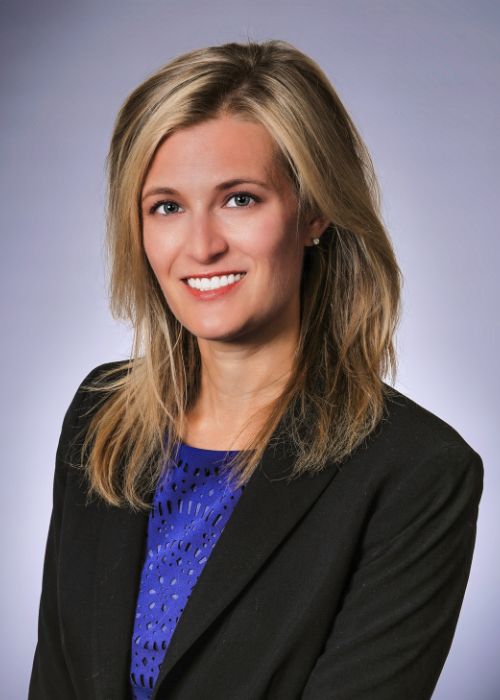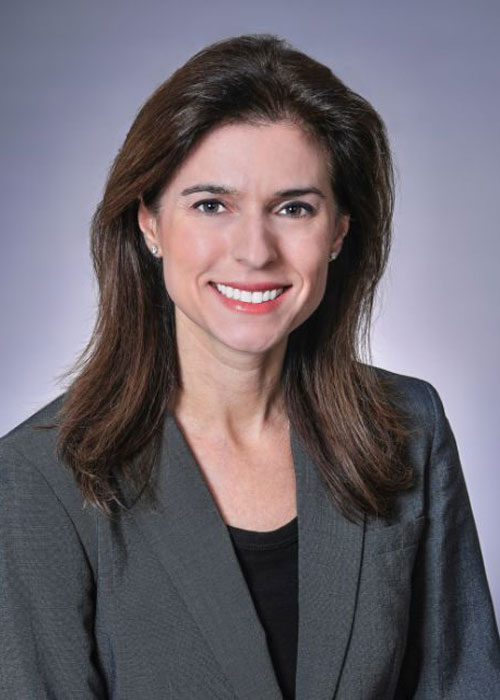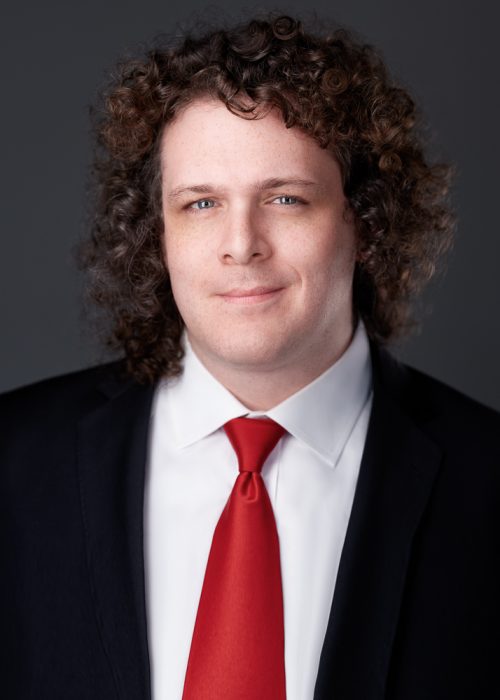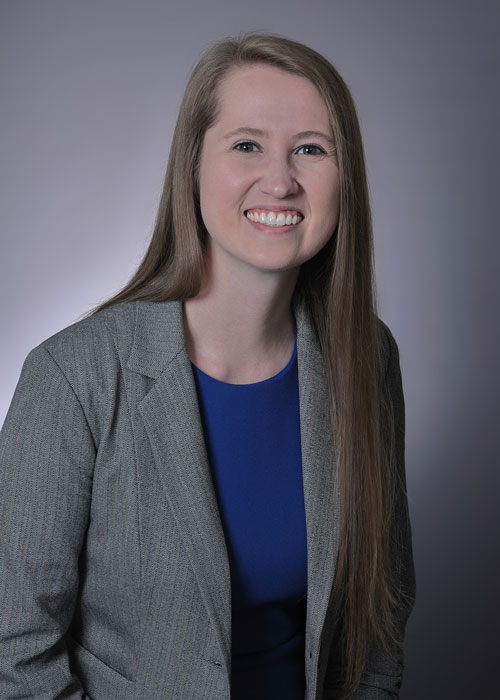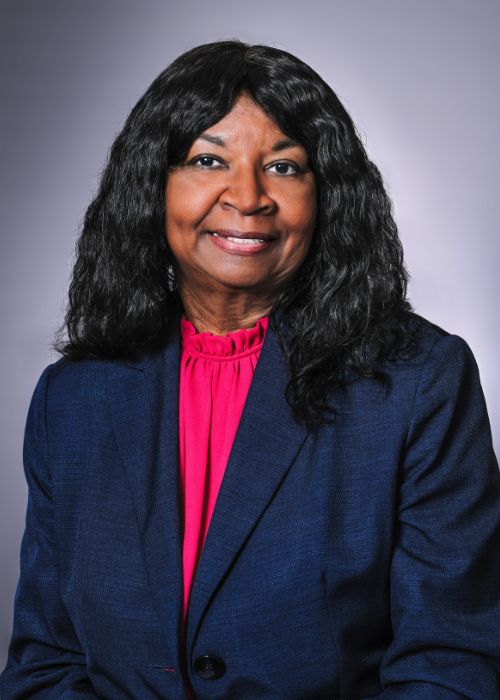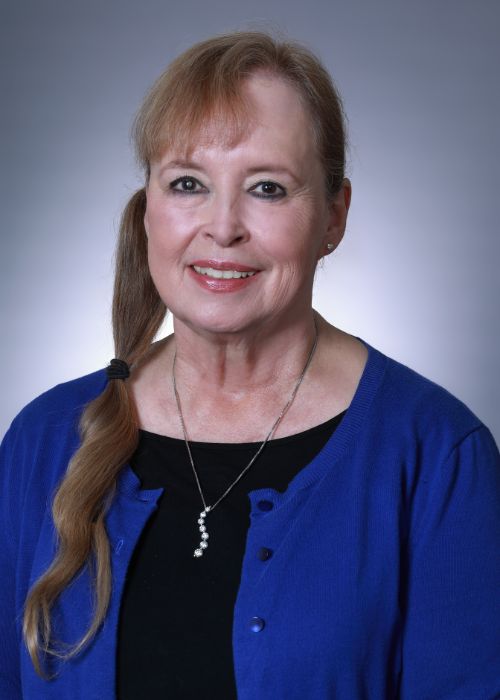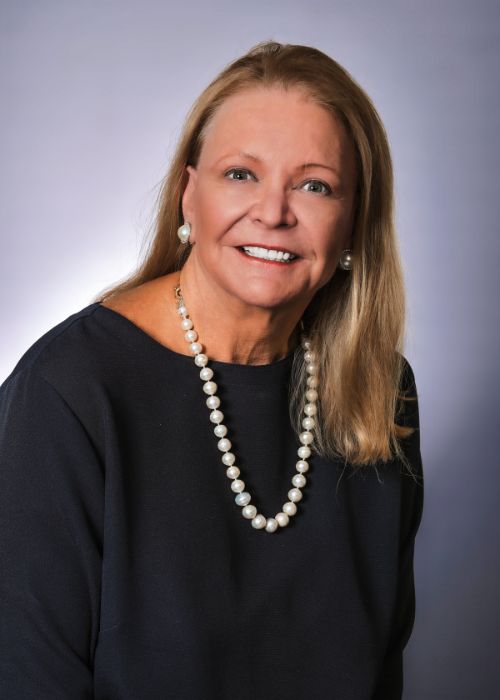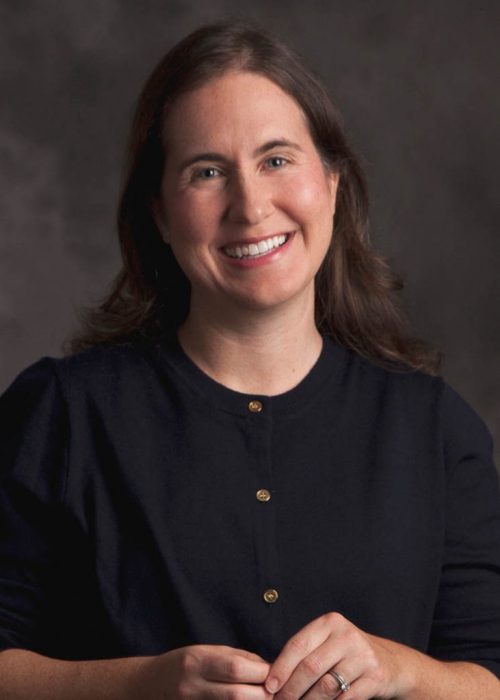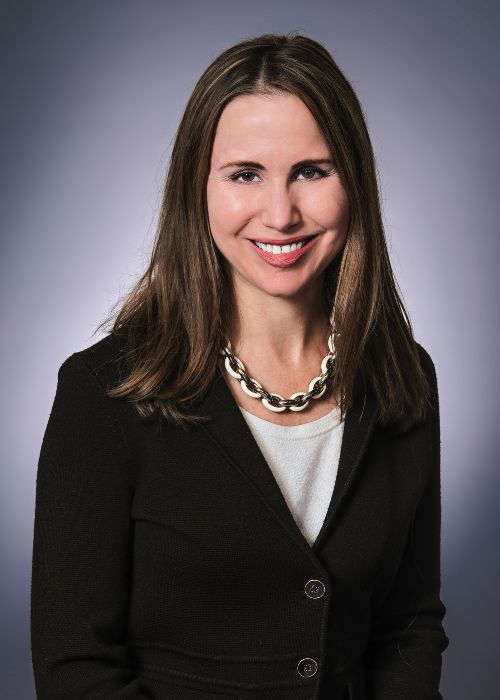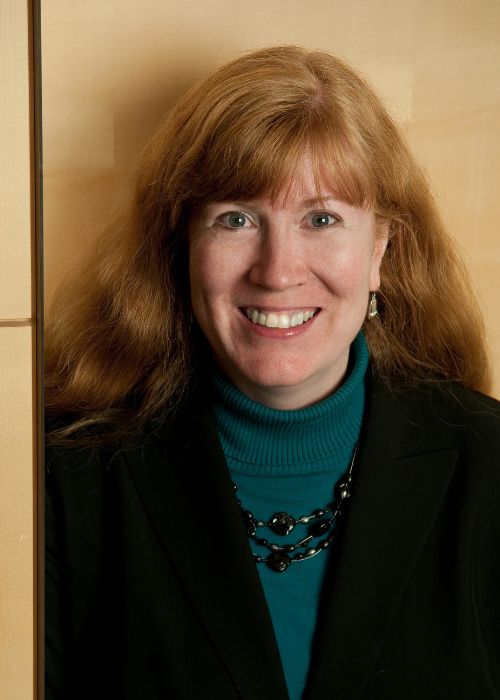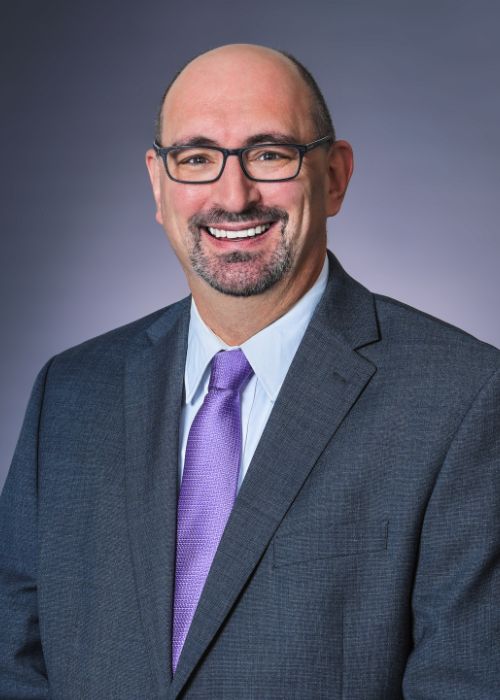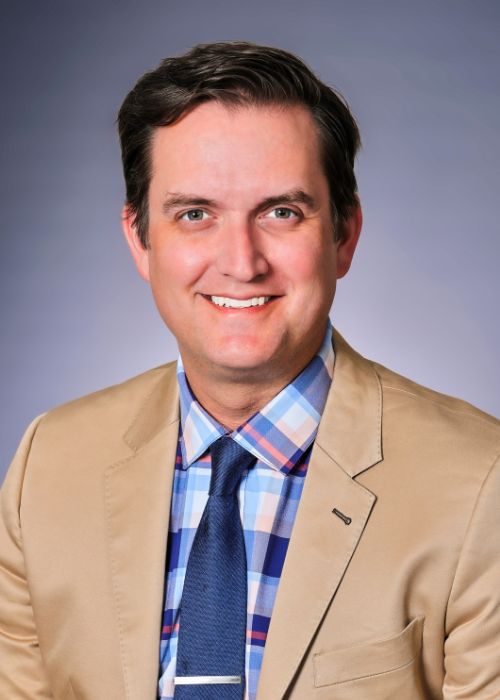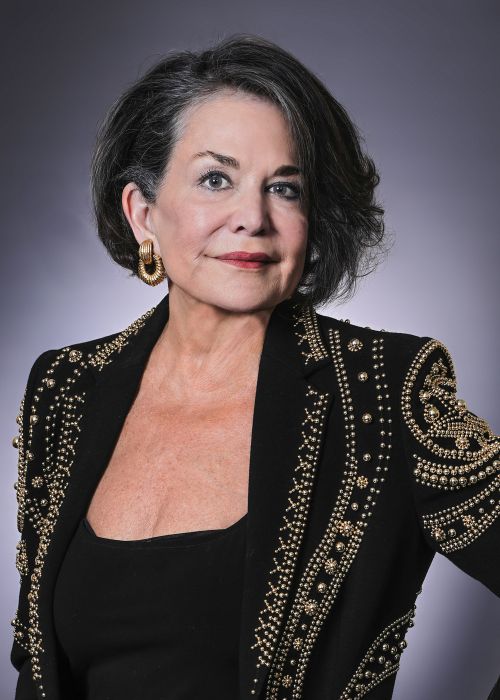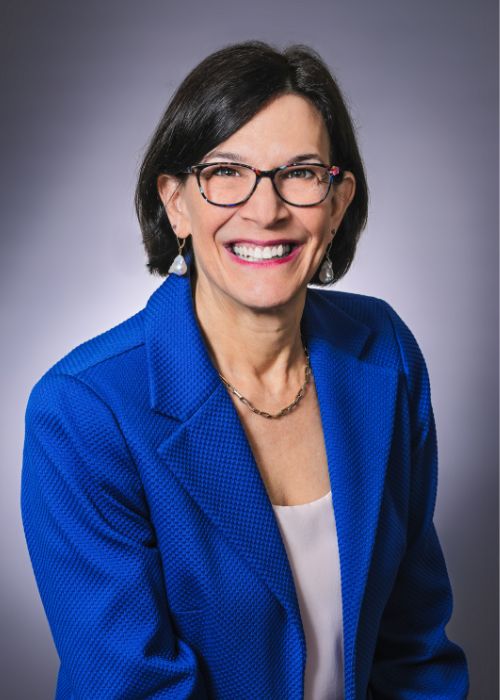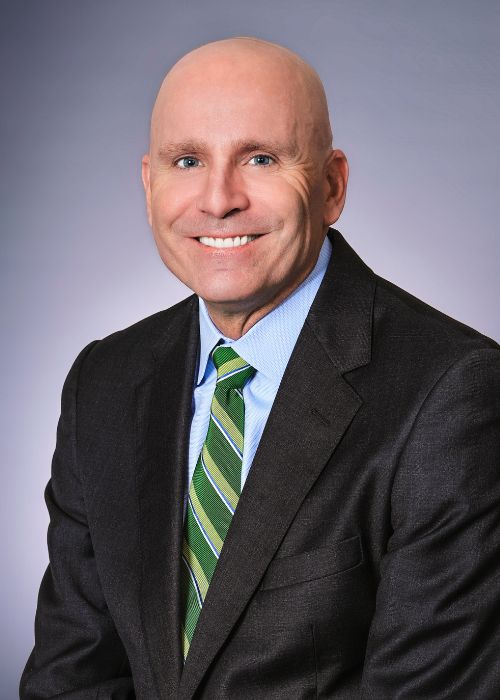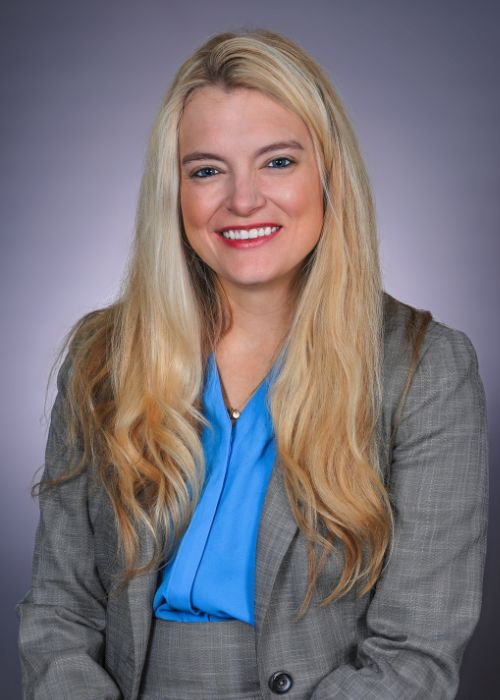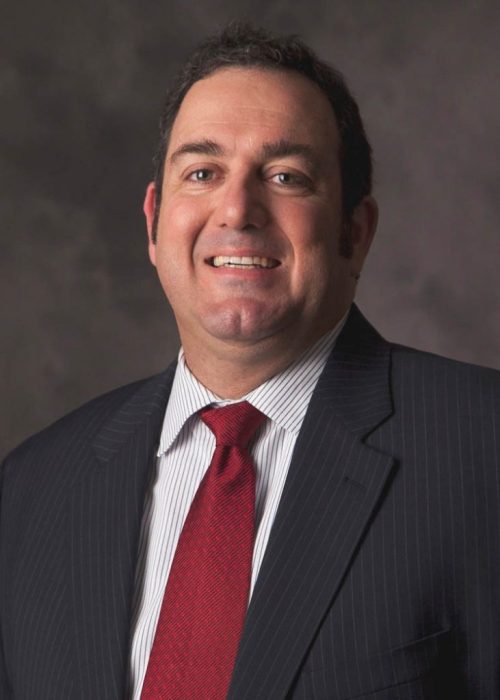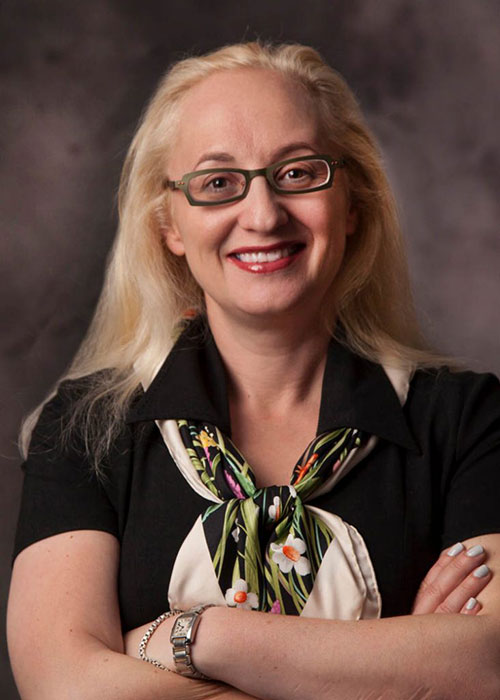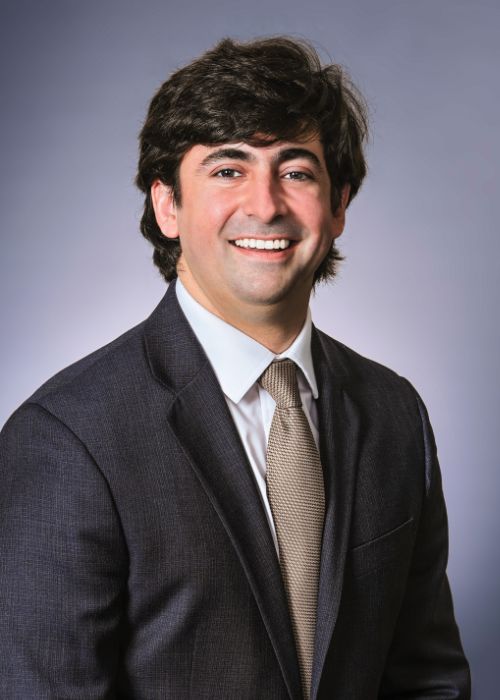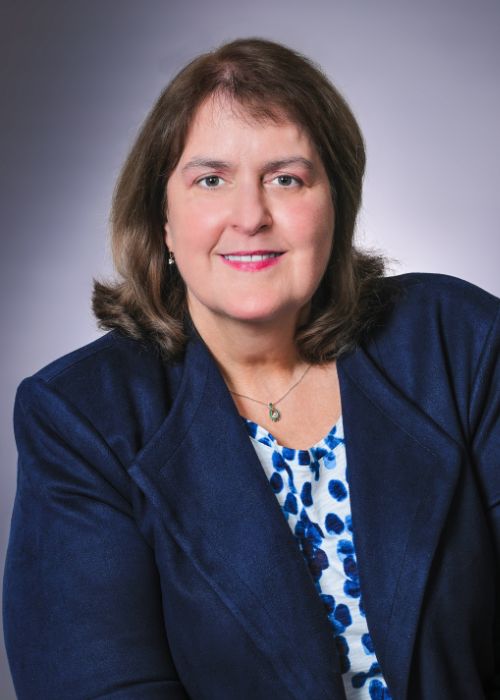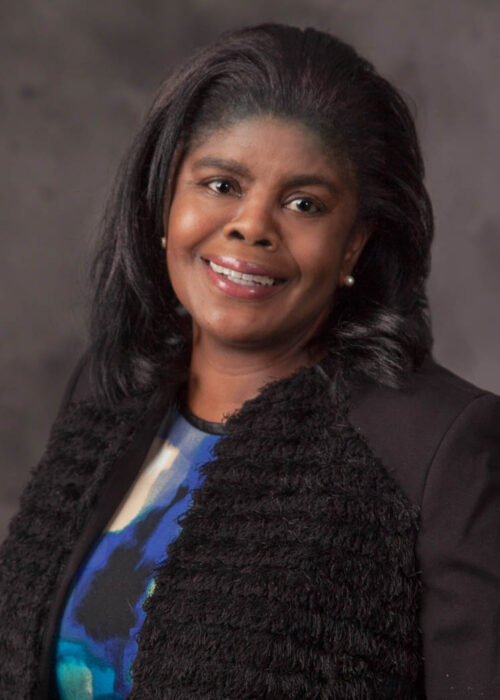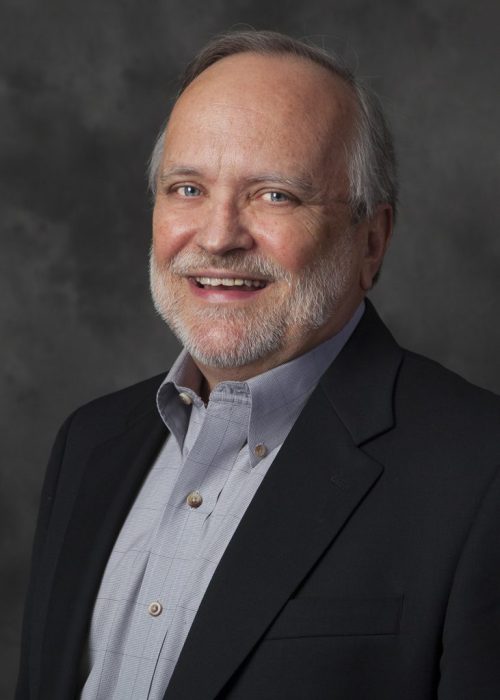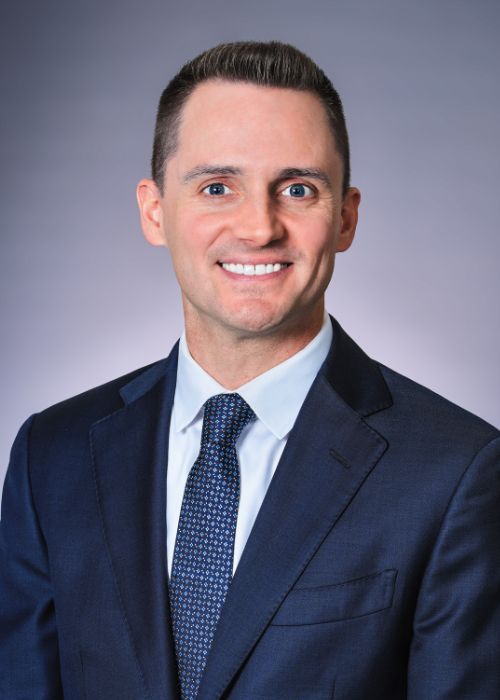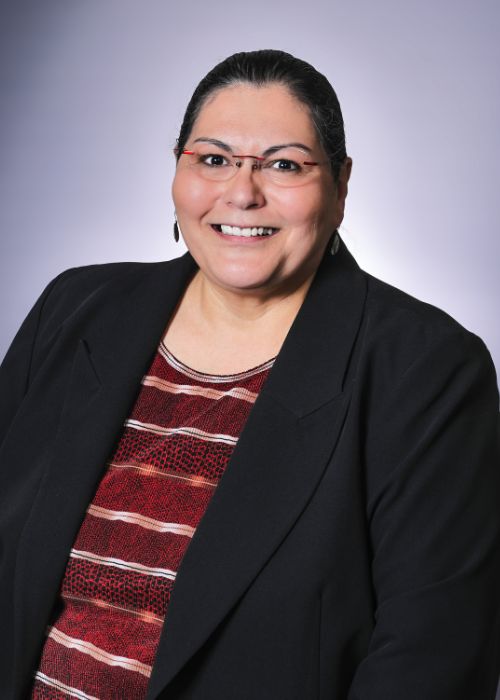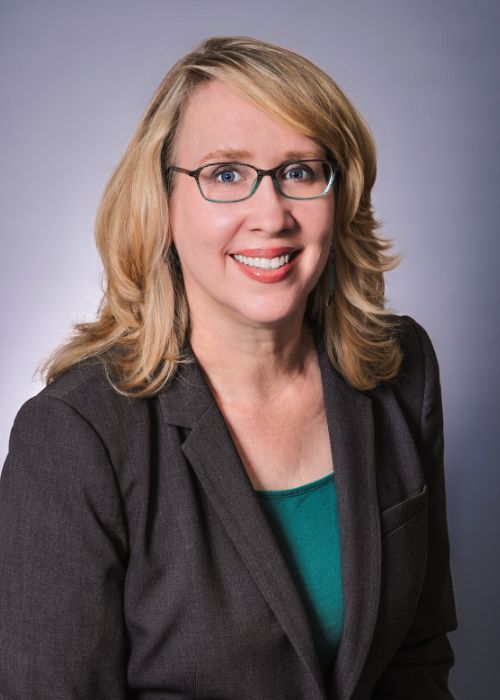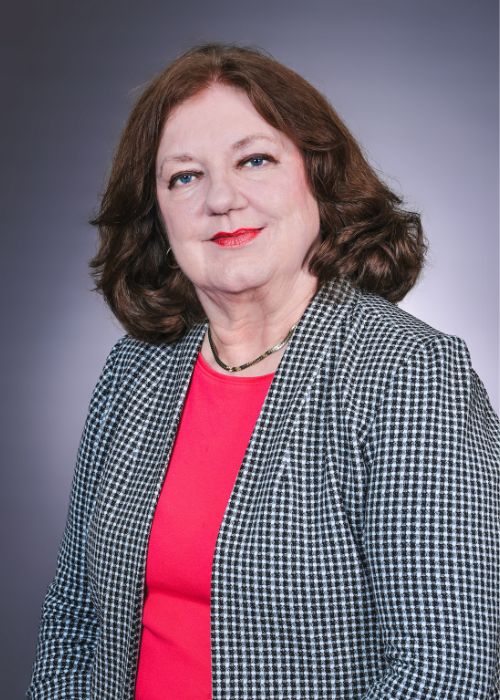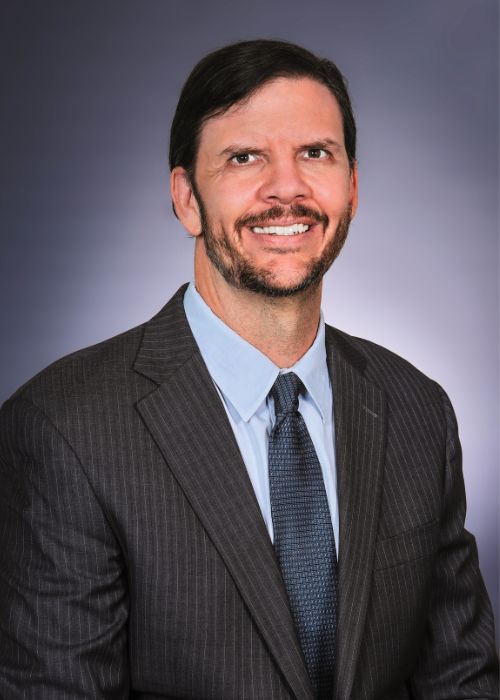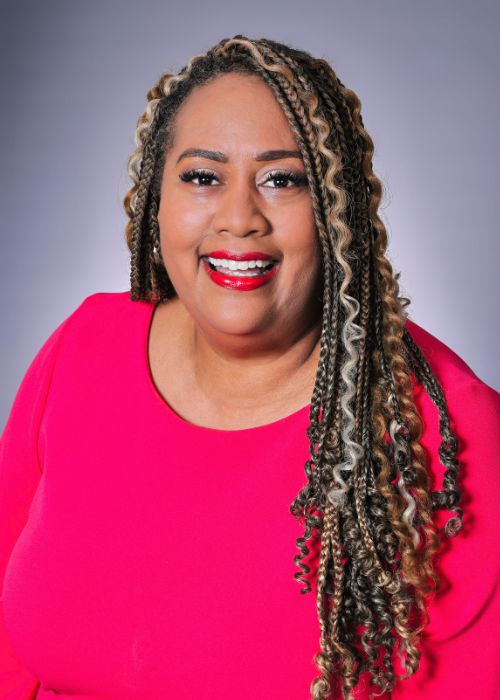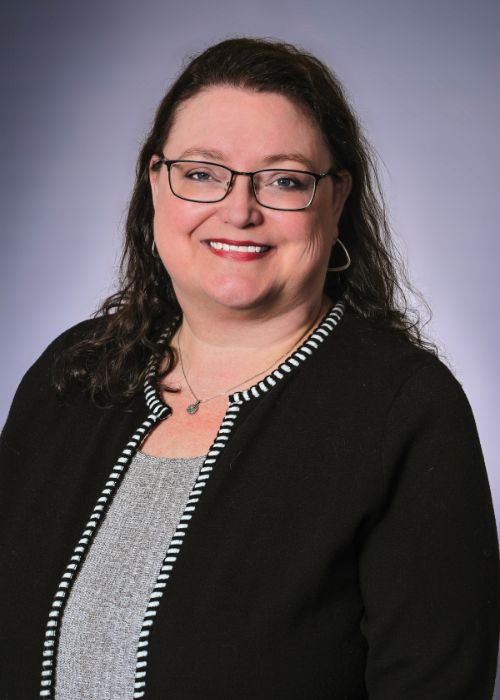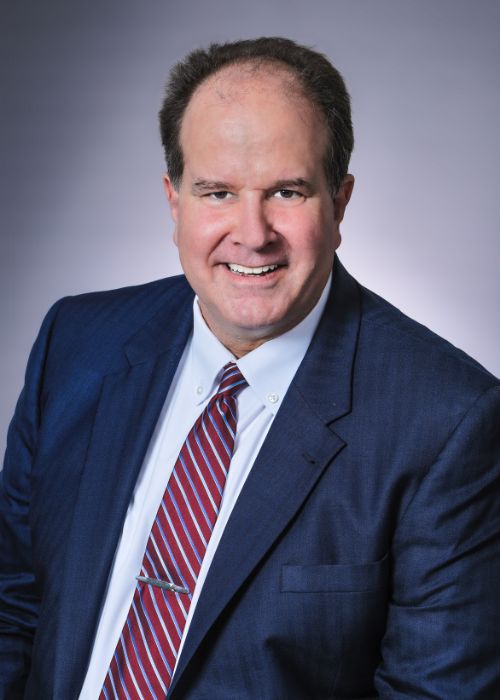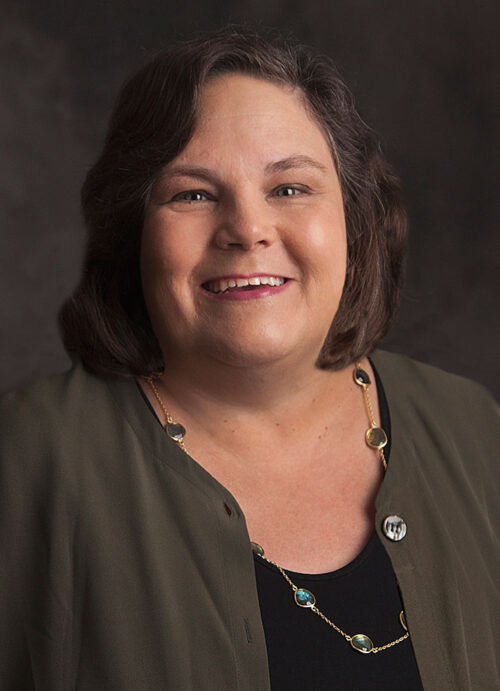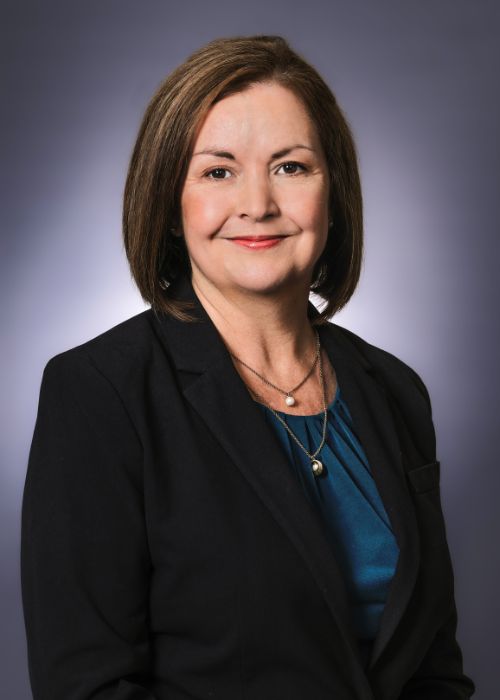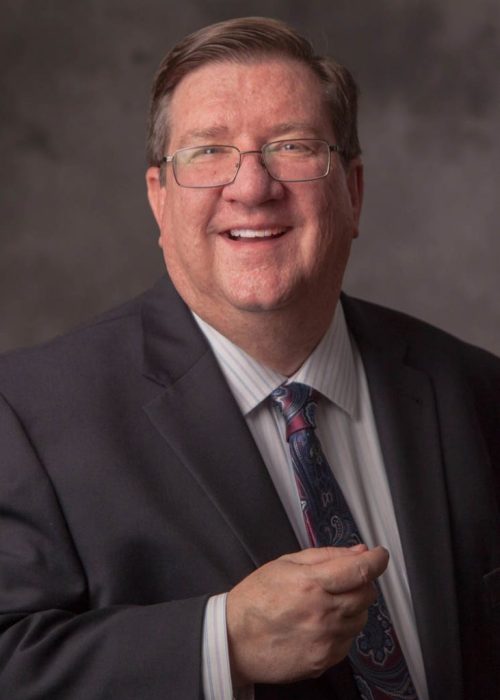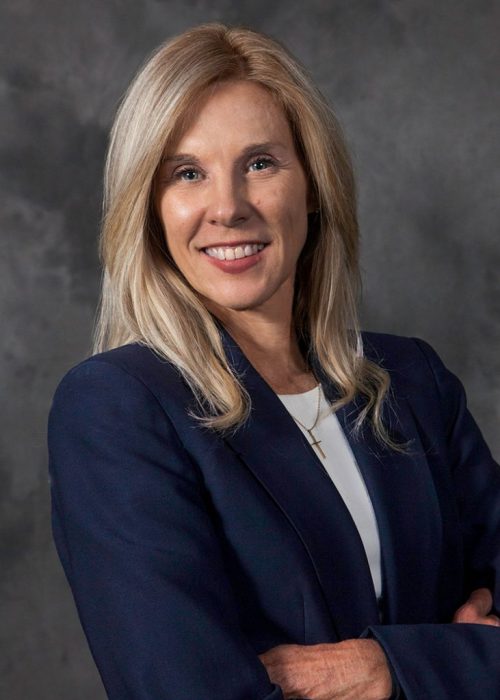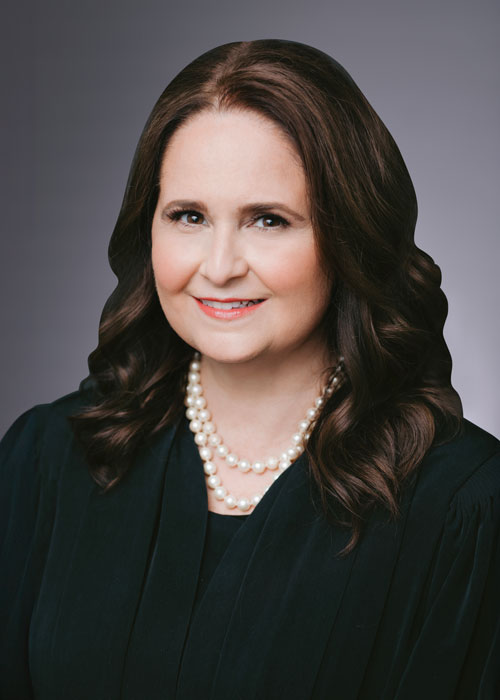Faculty
Full-Time Faculty
Emeritus Faculty
James Alfini
jalfini@stcl.edu
John Bauman
jbauman@stcl.edu
Susan Crump
scrump@stcl.edu
Byron Davis
bdavis@stcl.edu
Elizabeth Dennis
edennis@stcl.edu
David East
deast@stcl.edu
Don Guter
dguter@stcl.edu
Helen Jenkins
hjenkins@stcl.edu
Ray Moses
rmoses@stcl.edu
Olga Moya
omoya@stcl.edu
Phillip Page
ppage@stcl.edu
Gary Rosin
grosin@stcl.edu
Mark Siegel
msiegel@stcl.edu
Tobin Sparling
tsparling@stcl.edu
Mark Steiner
msteiner@stcl.edu
Instructional Staff
Meagan Belovsky
mbelovsky@stcl.edu
Diana Carlson
dcarlson@stcl.edu
Meredith Clark
mclark@stcl.edu
Shakira Cruz
scruz@stcl.edu
Jeff Gold
jgold@stcl.edu
Dominique Hinson
dhinson@stcl.edu
Vinh Ho
vho@stcl.edu
Jerry Loza
jloza@stcl.edu
Aimee Maldonado
amaldonado@stcl.edu
Geoffrey Riddle
griddle@stcl.edu
Cara Shaffer
cshaffer@stcl.edu
Preyal Shah
pshah@stcl.edu
Stephanie Sullivan
ssullivan@stcl.edu
Crystal Washington
cwashington@stcl.edu
Vanessa Winton
vwinton@stcl.edu
Tony Zamora
tzamora@stcl.edu
Adjunct Faculty and Fellows
Cordt Akers
Phases of Criminal Advocacy
cakers@stcl.edu
Kimberly Ashworth
Child Welfare Clinic
Domestic Violence Clinic
kashworth@stcl.edu
Hunter Barrow
Phases of Civil Advocacy
hbarrow@stcl.edu
Andrea Beall
Phases of Criminal Advocacy
abeall@stcl.edu
Robert Bertolatus
Transactional Skills – Corporate
rbertolatus@gmail.com
Gerald M. Birnberg
Recent U.S. Supreme Court Case
gbirnberg@stcl.edu
Tim Brown
International Petroleum Transactions
tim.brown@anadarko.com
Chuck Brownman
Contract Building Blocks
Oil, Gas, & Mineral Law
Transactional Skills – Corporate
cbrownman@stcl.edu
Carlos Calderon
Family Law: Basic Clinic
ccalderon@stcl.edu
Walt Champion
Amateur Sports Law
Professional Sports Law Seminar
wchampionjr@gmail.com
Ellen Conley
Transactional Skills – Oil & Gas
econley@stcl.edu
Greg Cox
Transactional Skills – Oil & Gas
gcox@stcl.edu
Lisa Dham
Contract Neg & Drafting
Contract Building Blocks
Health Law Survey
Privacy Law Seminar
ldahm@stcl.edu
Daniel M. Downey
Civil Trial Advocacy
Entertainment Law
dan@dandowney.com
John C. Estlinbaum
Damages
jcelaw@yahoo.com
Ben Fleming
International Human Rights
bfleming@stcl.edu
Scott Fraser
Negotiations
scott_807@hotmail.com
Shannon Gatlin
Employment Contracts: Basics, Drafting & Negotiation
sgatlin@cokinoslaw.com
Jeff Gold
Low Income Taxpayer Clinic
jgold@stcl.edu
Roger Greenberg
Arbitration Law
rgreenberg@stcl.edu
Vinh Ho
Immigration Clinic
vho@stcl.edu
Crystal Jenkins Washington
Guardianship Clinic
Probate Clinic
cwashington@stcl.edu
Annette E. Johnson
Mock Trial Litigation
Voir Dire/Jury Communication
annjohnson.law@gmail.com
Carolyn Johnson
Voir Dire/Jury Communication
carolynjohnson.law@gmail.com
Lori Kern
Collaborative Family Law Training
lkern@kernfamilylaw.com
David R. Keyes
Transactional Skills – Energy
Transactional Skills Corporate
dkeyes@stcl.edu
M R. Kirby
TX Oil, Gas and Land Title
rkirby@kmwenergylaw.com
Irene Kosturakis
Transactional Skills Int’l Bus
ikosturakis@stcl.edu
Tenley Krueger
Patent Clinic
tkrueger@stcl.edu
Eric Kwartler
Child Welfare Clinic
ekwartler@stcl.edu
Alec J. Lawton
Guardianship Clinic
Veterans Clinic
alawton@stcl.edu
Katarina Lee
Health Law Survey
Bioethics and the Law Seminar
katarina.lee@bcm.edu
Lamar McCorkle
Civil Pretrial Advocacy
mccorkle@wt.net
Douglas C. McNabb
International Crime Law & Pro
Comparative Legal Systems
Corporate White Collar Crime
Comparative Law
Criminal Trial Advocacy
dmcnabb@stcl.edu
Ben Miller
Transactional Skills – Real Estate
bmiller2@stcl.edu
Roy Moore
Family Law Trial Advocacy
Mock Trial Litigation
rmoore@stcl.edu
Govindi Munasinghe
Phases of Civil Advocacy
gmunasinghe@stcl.edu
Mark Murray
Phases of Civil Advocacy
mmurray@stcl.edu
John A. Nechman
HIV & Law Sem
Sexual Orientation & Law Sem
jnechman@lawknm.com
Antony Ng
Electronic Discovery
ng@russellnglaw.com
Mitzi Noles
Transactional Skills Real Est
mnoles@stcl.edu
Gavin O’Brien
Phases of Criminal Advocacy
gobrien@stcl.edu
Myron Papadakis
Aviation Law Seminar
mpapadakis@stcl.edu
Derek Pershing
Transactional Skills – Real Estate
dpershing@wcglaw.com
Denise Peterson
Negotiation for Litigators
Mediation Clinic
dpeterson@stcl.edu
Frank P. Pierce
Urban & Poverty Law Seminar
Politics of Race Seminar
frank_pierce@justex.net
Michael T. Powell
Civil Trial Advocacy
michael.powell@haynesboone.com
Ruby L. Powers
Law Office Management
rpowers2@stcl.edu
Ken Rice
International Petroleum Transactions
ken.rice@anadarko.com
Robert Rice
Dispute Resolution Processes and Arbitration
rrice1@stcl.edu
Randy Sadler
TX Oil, Gas and Land Title
rsadler@stcl.edu
Tim Shen
Trademark Clinic
tshen@stcl.edu
Fred L. Shuchart
Insurance Law
Insurance Law Seminar
fred.shuchart@cooperscully.com
Peter J. Shurn
Antitrust and Intellectual Property
Patent Law
Advanced Patent Law Seminar
Patent Licensing & Technology Transfer Law
Patent Prosecution & Claim Drafting
Religion, Law & Ethics Seminar
Guns, Laws, & Politics
pjshurn@ieee.org
Darlene Smith
Admin of Estates & Guardianship
dsmith@craincaton.com
Lance Stodghill
Taxation – Federal Procedure
lstodghill@stodghillpc.com
Amy Taylor
Civil Pretrial Advocacy
ataylor516@icloud.com
Morgan Thomas
Negotiations
morgan.thomas@acenture.com
Robert Todd
Legislation Seminar
rob@molitorisgroup.com
Norma L. Trusch
Collaborative Law Training
nltrusch@sbcglobal.net
Hilary Tyson
Transactional Skills – Real Estate
htyson@stcl.edu
Michael O. Whitmire
Contract Building Blocks
mwhitmire@gmail.com
Terri Zimmermann
Military Law for Civilian Attorneys
terri.zimmermann@zlzslaw.com
Kristin Zipple-Shedd
Asylum/Human TraffickingClinic
kzippleshedd@stcl.edu

